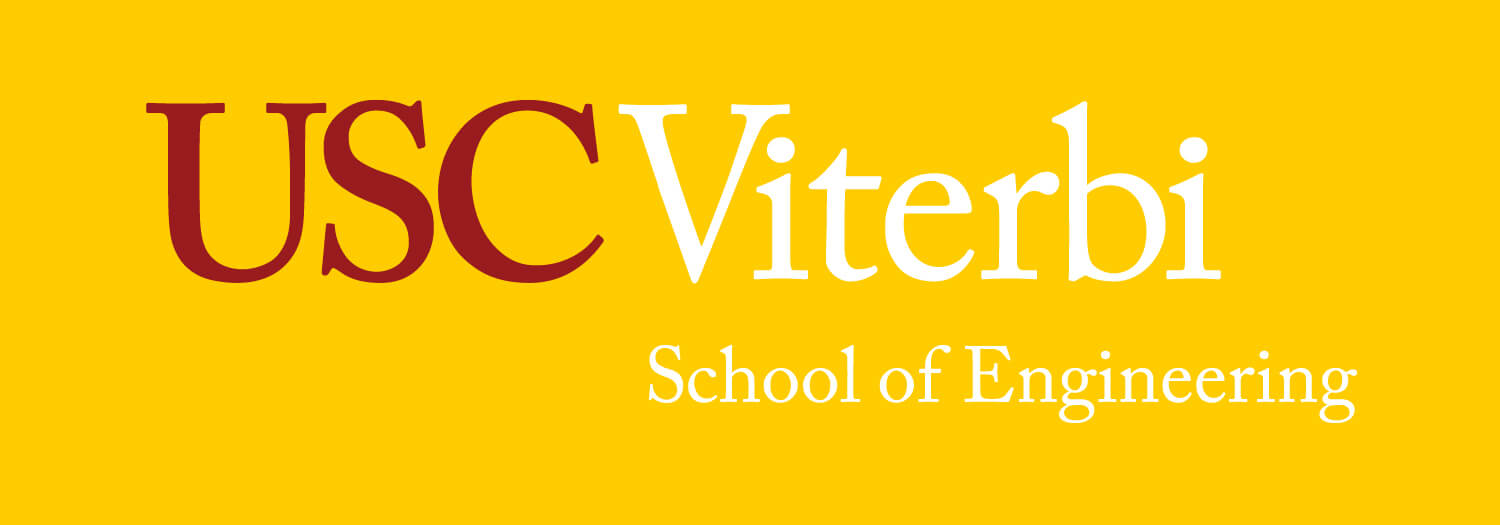
You are invited to register for the Fall 2022 ENGR 499 Special Topics section that focuses on “Leadership Empowerment Network in a Technologically Advanced World”.
Taught by Chrysostomos L. Nikias, Deborah Glynn and Cauligi Raghavendra.
Course description:
Technological innovation has been the key driver of the global economy and as a result the demand for leaders especially with engineering background will be rising rapidly. Given that the major challenges and opportunities for growth in corporations and other organizations are increasingly technology-driven, the need for leaders who have the ability to understand and follow technological innovation, are able to anticipate their impact in business and adapt to it quickly will grow in the future. It is no surprise that today according to the Harvard Business Review 34 of the CEOs of the world’s 100 largest corporations have engineering degrees and the best-performing CEOs around the globe are more likely to have an engineering degree than any other degree.
Engineers’ basic qualities of paying attention to detail while also understanding the overall strategy; possessing strong skills to solve problems or fix anything that is broken; take
responsibility without blaming others; having analytical skills and structural methods of thinking; and, having tendency to recruit talent that has a similar way of looking at challenges provide excellent background experience for leadership positions. However, all these characteristics are by no means enough to make engineers successful leaders.
The course is designed to address urgent issues that relate to the development of leaders as well as some of the larger issues on societal leadership. We will initially focus on the often-neglected timeless lessons of leadership from the classical literature that provide a solid foundation of leadership principles and their practice in a modern world of globalization. We will also study
the impact of technological achievements and especially disruptive technologies on leadership structures and new models of governance. By rediscovering timeless truths about the human condition and human society, we can learn a great deal about leadership from the philosophers and playwrights of antiquity. We will gain wisdom and draw parallels and metaphors and rediscover the skills and practices of exemplary leaders of our technologically advanced times and throughout history.
The course is structured to involve a high level of classroom participation from the students, presentations of their weekly essay questions, and debates of the various case studies outcomes. Classes will involve lectures, guest speakers especially from technology companies, discussions, debates, movies and video clips, weekly reading assignments and case studies. The classes will seek to actively engage and challenge the students, guest lecturers and professors.
Published on April 4th, 2022Last updated on April 4th, 2022
